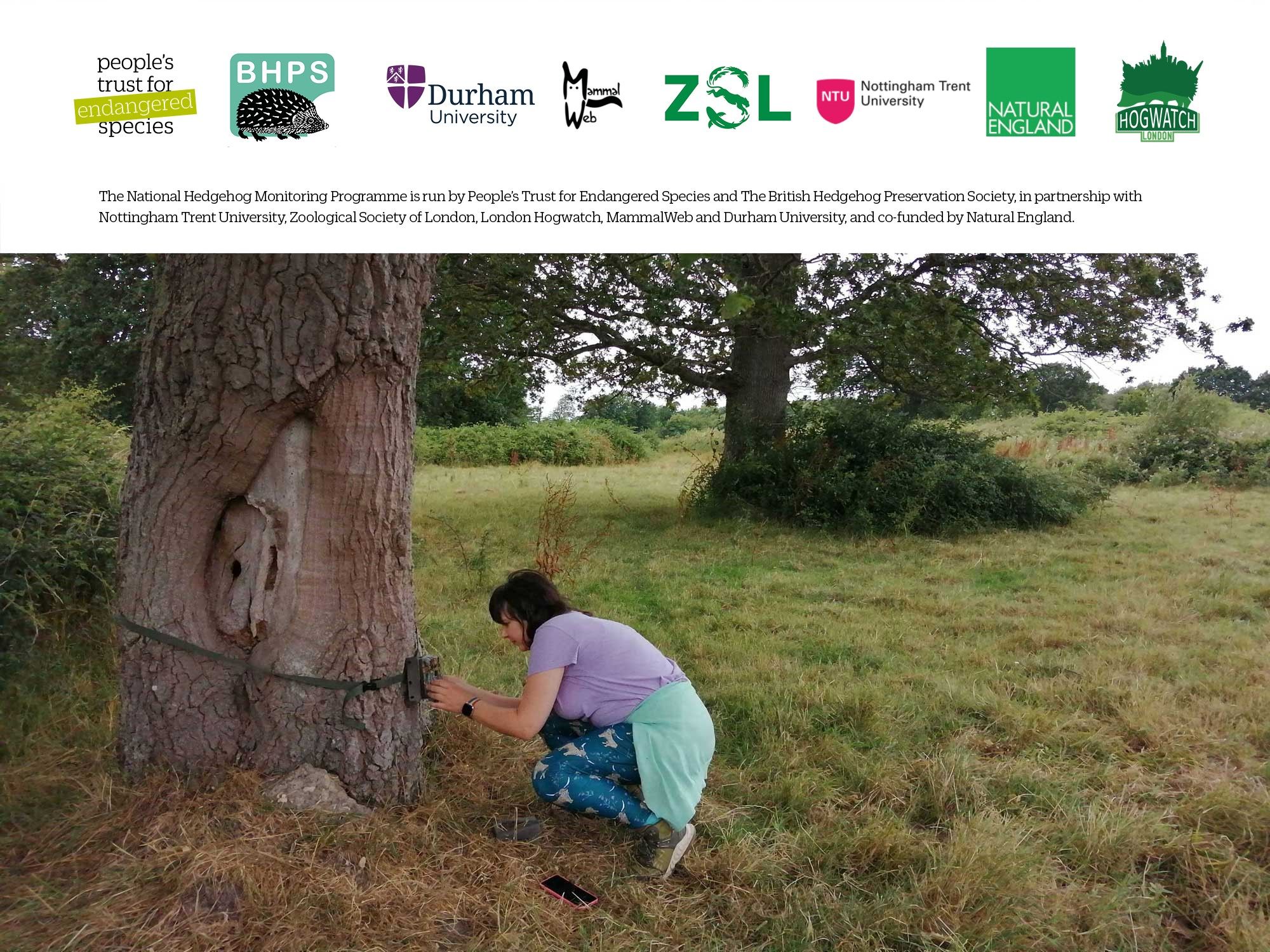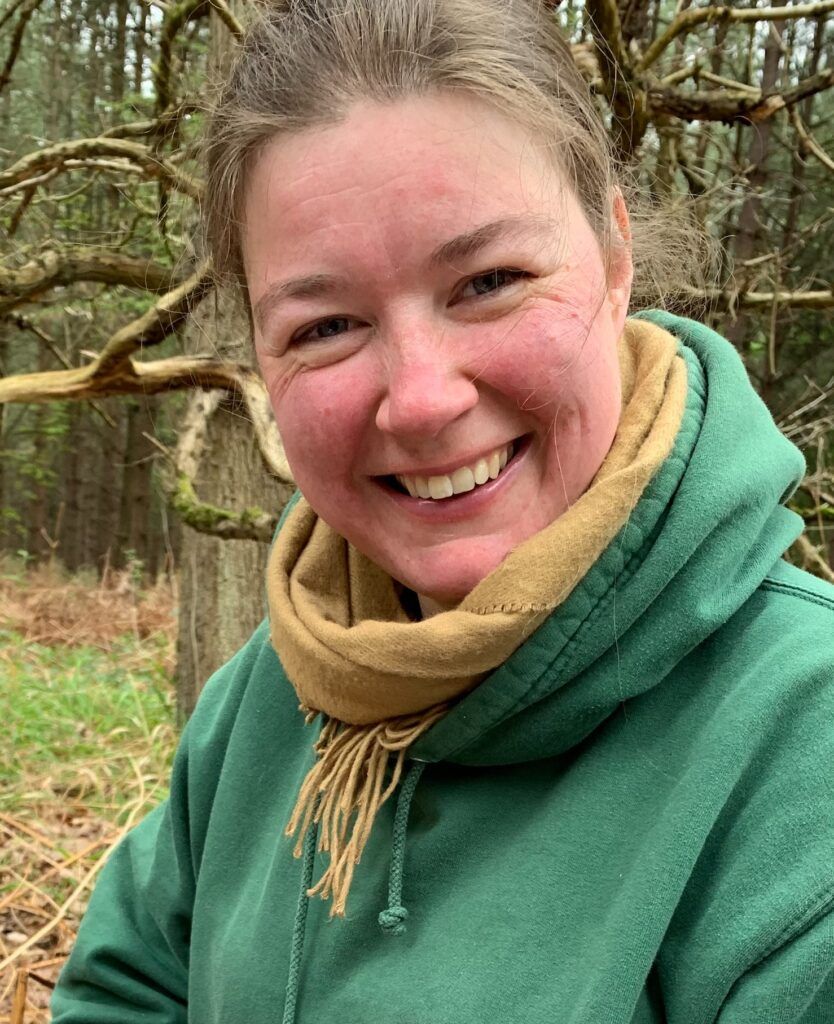Meet Henrietta: Coordinator of the National Hedgehog Monitoring Programme
In this series, we chat to the dedicated staff members, conservation partners and volunteers at PTES. We find out why each of them chose a career in wildlife conservation, what they find rewarding about their work or what they love most about what they do and why they get involved.
Henrietta Pringle
National Hedgehog Monitoring Programme Coordinator at PTES
What’s your role and what’s the most rewarding part of it?
I coordinate the National Hedgehog Monitoring Programme. It’s a brand new project that has the potential to be a real game-changer in our understanding, and therefore conservation, of hedgehogs and other mammals. It’s been really exciting to see it get off the ground and take shape. I work with experts from the worlds of academia and conservation, and fantastic staff and volunteers from a variety of organisations across the country, which is very inspiring.
Why did you decide to go into wildlife conservation?
I’ve always loved wildlife, which shaped my choices at school and university, but I didn’t really know I could use that passion in a proper job! The more I learnt about the natural world, and the threats it faces, the more I wanted to find out how to help.
What difficulties or challenges do you face in your work and how do you think you’ll overcome them?
For a long time, environmental concerns and caring for the planet were treated as niche pastimes. Thankfully these are no longer seen as marginal issues, with conservation, climate change, ecological resilience being taken seriously. However, there’s still a long way to go before these issues are given the full attention (and funding) they deserve. The natural world is a complex but fragile system which we rely on for ecosystem services including food production, pollination, flood control, and disease protection. Once we start to realise that we can’t look at these things in isolation and that we need to look after nature, not just because we should, but so that it can look after us, we stand a better chance of reversing the ecological declines we’re seeing.

What are the main reasons for some of your greatest successes?
Volunteers! Much of the work I’ve done throughout my career has involved data collected by volunteers. There’s a wealth of experts throughout the country collecting data every day on bees, birds, bats, you name it! Without the dedication and passion of these citizen scientists, we’d have a much poorer knowledge of the state of our environment and its wildlife.
Do you have a special love for a particular species and why?
If I had to pick a species other than hedgehogs, I’d probably say lapwings. They make the most amazing calls whilst wheeling about in the sky and, as a friend told me on first seeing one, ‘they have really great hair’! Sadly, like many farmland birds, they’ve declined substantially in the past few decades, so whenever I hear them ‘peewit’ above, it brightens my day.
Tell us your favourite wildlife fact
Wombats have cube-shaped poo. Why? How? Another good one – when chickens lay eggs, the egg starts out facing one way, then it rotates inside the body to come out facing the other way. How did scientists find out? By drawing a dot on the part of the egg they could see coming out of the chicken, and then seeing which end came out first.
Henrietta is coordinating the NHMP, a project that will, for the first time, produce robust hedgehog population estimates. With this knowledge, we will make effective conservation plans, so that we can reverse the decline of this iconic species.

